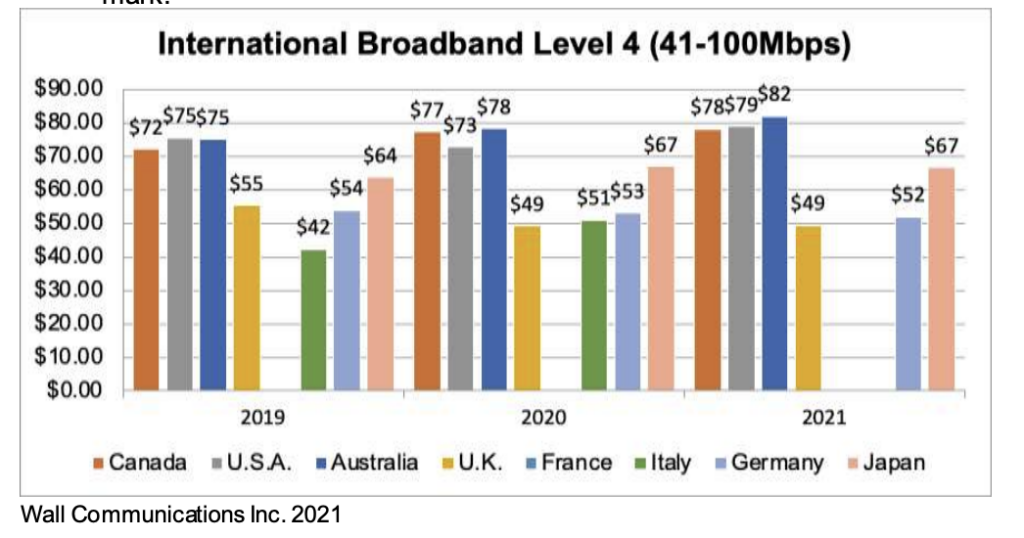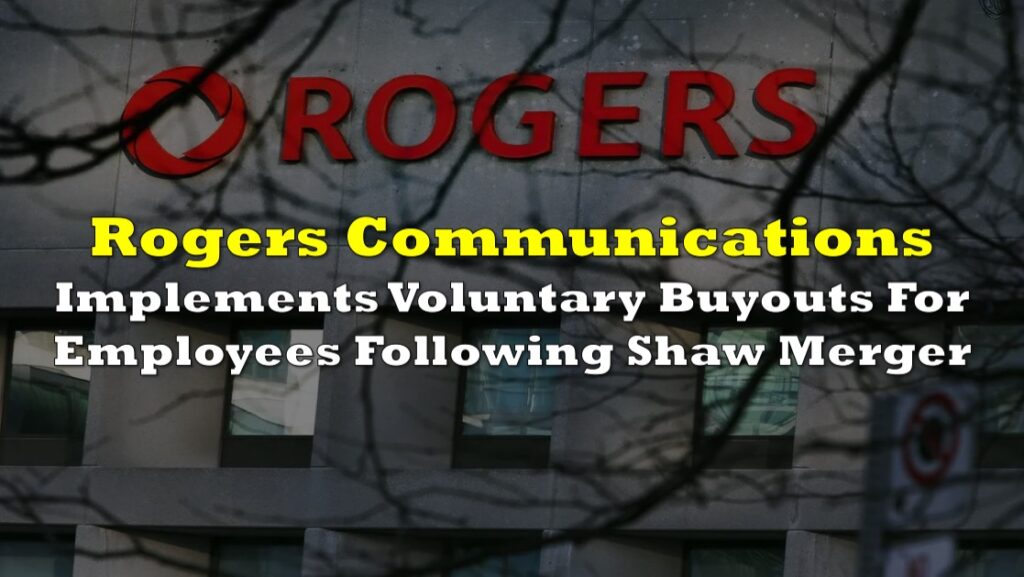Canadians are paying exceptionally high prices for internet services— the highest among international counterparts, to be exact. Vicky Eatrides, the new chair of Canada’s telecom regulator, is looking to change that, promising price relief for the country’s wholesale internet market sooner than later.
In an interview with the Toronto Star, Eatrides said she plans to focus on competition and pricing within the internet sector during her five-year tenure at the Canadian Radio-television and Telecommunications Commission, which began in January. “What I would say is ‘stay tuned.'” Currently, the CRTC requires large telecommunications companies like Rogers and Bell to sell access to their networks to smaller players at regulated rates, which then provide services to retail customers.
However, recent CRTC rulings have favored large operators and as a result, independent internet providers are struggling to remain in business, with some being acquired by companies like Bell and Quebecor. This has caused diminished competition, and ultimately, substantially higher prices. Eatrides plans to revisit the current model of high-speed internet access as it has not had the desired positive impact. She plans to release a new solution in the coming months, rather than years.
“We have seen that the high-speed access framework is not having the positive intended effect that we want it to have,” Eatrides explained. “Internet prices— and wireless, quite frankly, even though wireless may be coming down a bit— we’re kind of in the top three in terms of highest prices in the world,” she added, pointing to data compiled by Wall Communications Inc., which shows Canadian internet prices surpassed other G7 countries in nearly all speed categories in 2021.

The CRTC has implemented new rules that require large cellular carriers to sell network access to certain smaller telecoms. Eatrides plans to ensure that these rules are being followed and will also consider balancing the need for affordable pricing with policies that encourage companies to invest in building networks. “I want people to be able to say, ‘What has the CRTC done for me?’ And then have good answers to that, whether that’s lower prices or more choice and (network) resilience and more access to Canadian content,” she said.
Canada’s telecommunications sector has been at the forefront of controversy over the past year, thanks to Rogers’ high-profile $26 billion takeover of Shaw. Just last week, internet service provider TekSavvy filed a complaint with the CRTC alleging Rogers’ agreement to offer Quebecor Inc discounted rates in exchange for leasing its broadband network violates the Telecommunications Act. “Aside from that (the TekSavvy application), we’re watching very closely, obviously,” Eatrides commented.
Information for this briefing was found via the Toronto Star and the sources mentioned. The author has no securities or affiliations related to this organization. Not a recommendation to buy or sell. Always do additional research and consult a professional before purchasing a security. The author holds no licenses.









